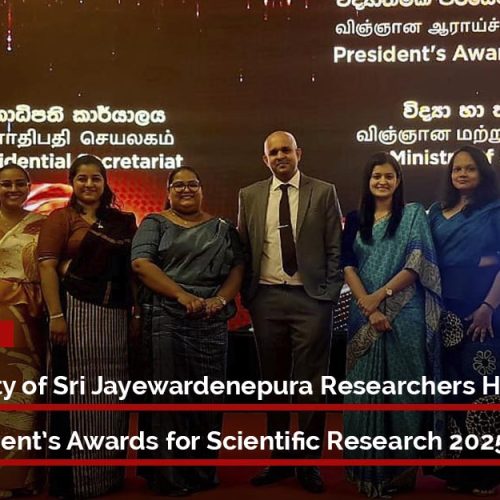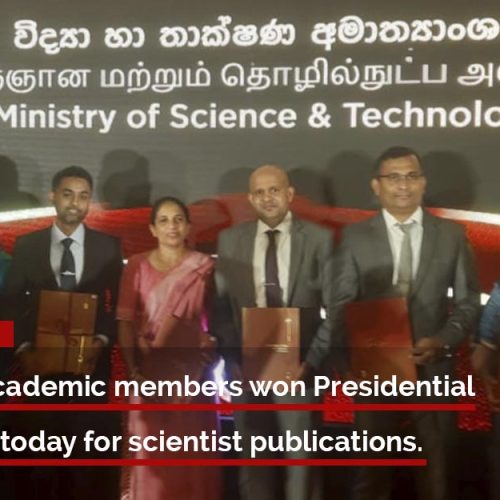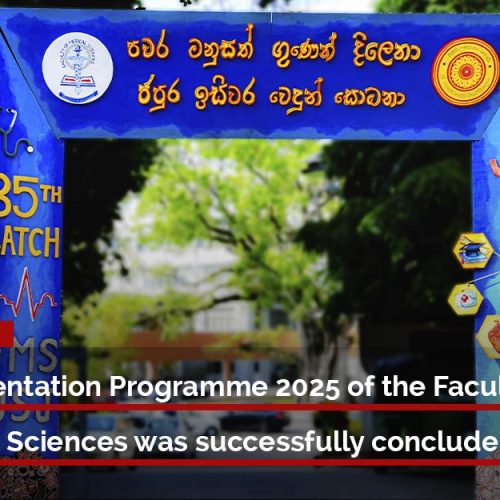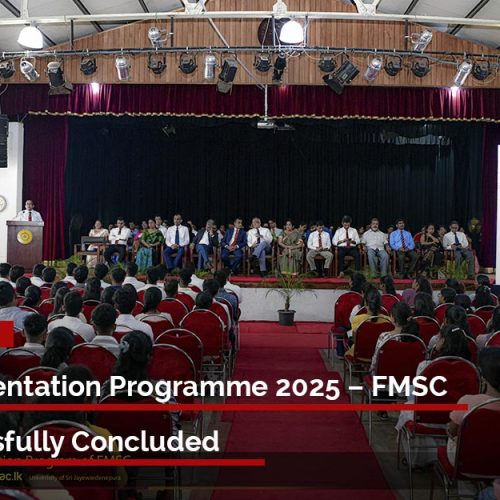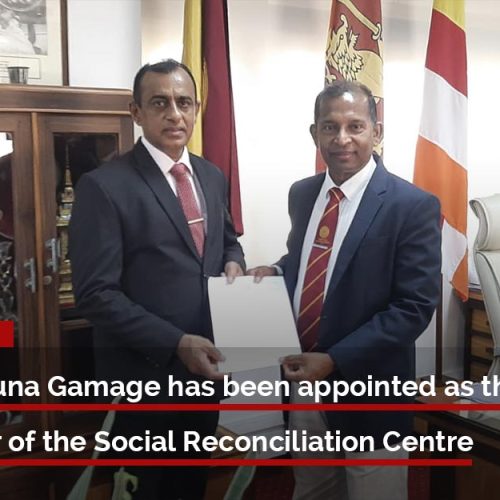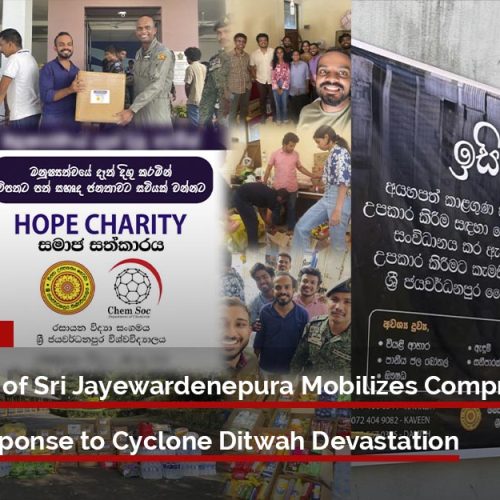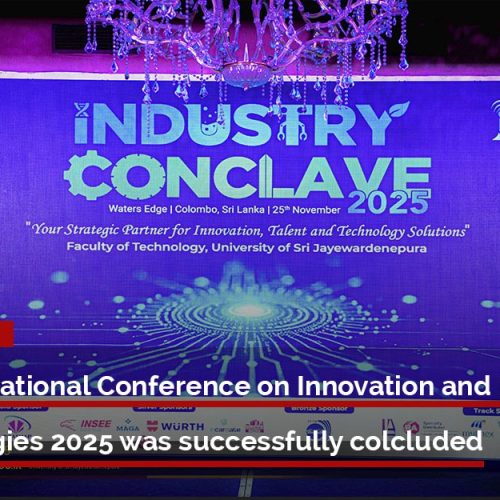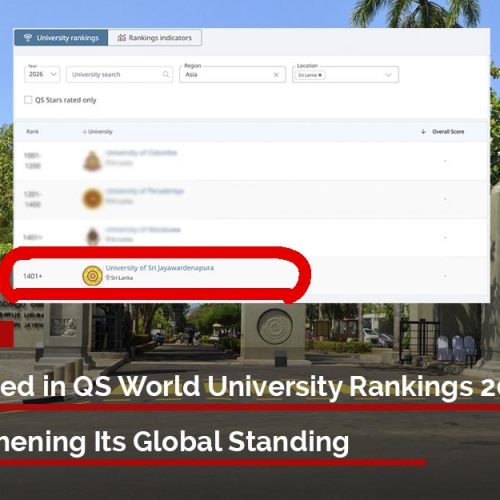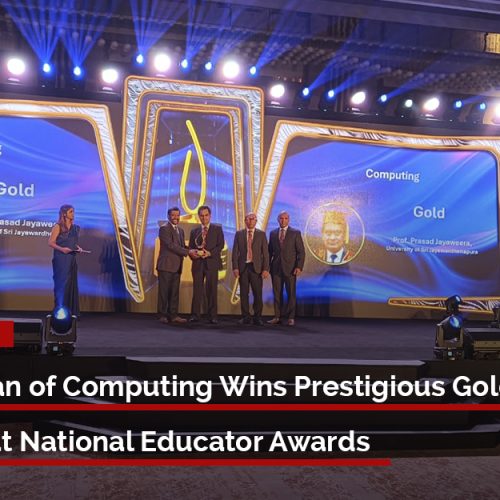
The University of Sri Jayewardenepura hosts delegation of 40 persons, comprising of 5 academics and 35 postgraduate and undergraduate students from the Monash Business School in Australia from 4th to 17th February 2018. This was two-week study tour which offered a course unit (Engaging International Business) as a part of the Monash Business School degree programs by the Faculty of Management Studies and Commerce, University of Sri Jayewardenepura.
This study program had been designed by the Monash Business School in collaboration with the Faculty of Management Studies and Commerce, University of Sri Jayewardenepura. The aim of this tour was to study about Sri Lankan economy, political landscape, history, culture, and current business environment and also it offered Monash Business School students the chance to experience and learn about the dynamics, opportunities and challenges of doing business in Sri Lanka and understanding its role in the context of South Asia. Further it built on a substantial, longstanding engagement between Sri Lanka and Australia and, in particular, the established linkages between universities, industry and government in both countries.
This Staff student programme conducted with the collaboration of the University of Sri Jayewardenepura and the Monash University afforded by the newly signed Memorandum of Understanding (MoU) between the Universities commenced on the 5th of February at The University of Sri Jayewardenepura.The MoU was signed by the Vice Chancellor of the University of Sri Jayewardenepura, Prof. Sampath Amaratunge and the Deputy Dean, Education, Monash University, Professor Robert Brooks. The proceedings commenced at the university will be handled by Dr. Wasantha Perera, coordinator, International Collaboration with the Monash University.
The delegation that arrived from the Monash University Australia taken part in a two week course unit: “Engaging International Business”. The program had been designed for both undergraduate and postgraduate students of Monash Business School.
The course consisted following topics; which was covered over the course of two weeks:
- Sri Lanka’s history, political landscape, and its settlement
- Sri Lanka’s culture and its relation with South Asia
- The macro-economic environment and how it facilitates business
- Micro SMEs in Sri Lanka and their challenges
- Doing business in Sri Lanka
- Sustainable Development Goals through a community engagement activity
It provided the participants a distinct idea about the economic environment while reflecting its strengths and weaknesses as opposed to that of other countries in the South Asian region. The region has proved quite dynamic in the economic sphere and is a developing economy creating trends in the markets. Thereby the course afforded insight into the economic powers of the region and the business environment in Sri Lanka. The programme will create a long lasting bond between the two countries and will no doubt lead to future collaborations that a mutually beneficial.






























































































































































